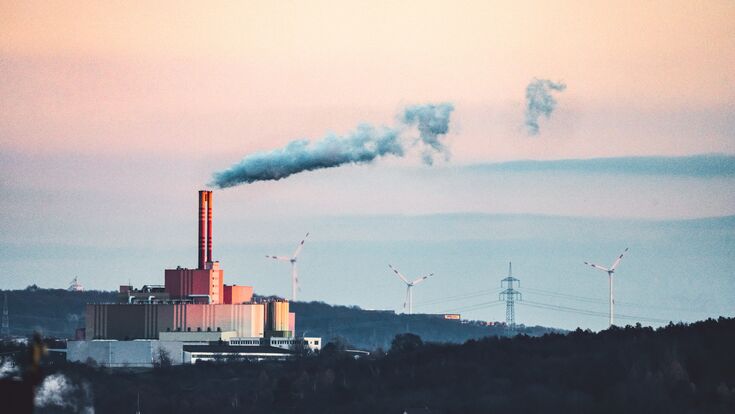Waste-to-Energy : Discussion of ZWE report on dioxins from WtE plants

In January 2023, Waste Management World (WMW) published a biomonitoring research on waste incinerator emissions in three countries by Zero Waste Europe (ZWE). In the past fifteen years, scientists in several countries have studied dioxin emissions from waste-to-energy (WtE) power plants in the U.S., France, South Korea, and China and have not found any health effects on the public. For example, in 2012 Columbia University made a detailed study of dioxin emissions from U.S. WtE power plants and from U.S. landfills. We found that the total annual WtE dioxin emissions were 3 grams TEQ. In comparison, the total U.S. landfill dioxin emissions, due to nearly 3,000 unintended/spontaneous landfill fires, were 1,500 grams TEQ.
Dioxins are formed during the combustion of biomass and other materials containing chlorine. However, since the nineties, the air pollution control systems of WtE power plants are provided activated carbon injection and particle capture that have decreased dioxin emissions by one thousand times. Therefore, I was surprised by the Zero Waste Europe report and I searched and found the original ToxicoWatch study commissioned by ZWE. They studied the Kaunas WtE power plant in Lithuania. (200,000 tpy, designed by JFE of Japan). Eggs were sampled for dioxins at six locations within a three-kilometer radius of the WtE. Five were below the EU standard of 3 pg TEQ dioxins/gram of fat. One location (#6, upwind of prevailing winds for the plant and 300 m from other sampling locations) was six times higher than the EU standard. There was no explanation in the ToxicoWatch report for this; only the note "it should be investigated by further research". One problem with this detailed study is that it does not show what is the background level of dioxins in Lithuanian eggs far away from any WtE plant.
I found in the literature a review of dioxins in free-range/organic eggs in five European countries. It had received over one hundred citations and reported (Table 3) dioxin concentrations in eggs ranging from 0.4 to 19 pg TEQ per gram of fat.
The Global WtERT Council is an international academic organization founded by Columbia University and has studied all means of sustainable waste management, especially the management of post-recycling wastes (i.e., the residues remaining after all recycling and composting). These residues range from 50% of the total municipal solid wastes (e.g., in Germany) to 60% in the U.S., and 90% in many developing countries. By the way, in Germany all post-recycling MSW goes to WtE; in the U.S., 10% is combusted in WtE power plants and 90% is landfilled.
Zero Waste Europe is an organization whose stated mission is “to change the world for the better”. Its January 2023 report is misleading and contrary to this mission.


